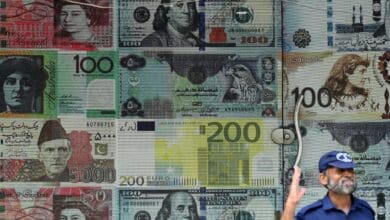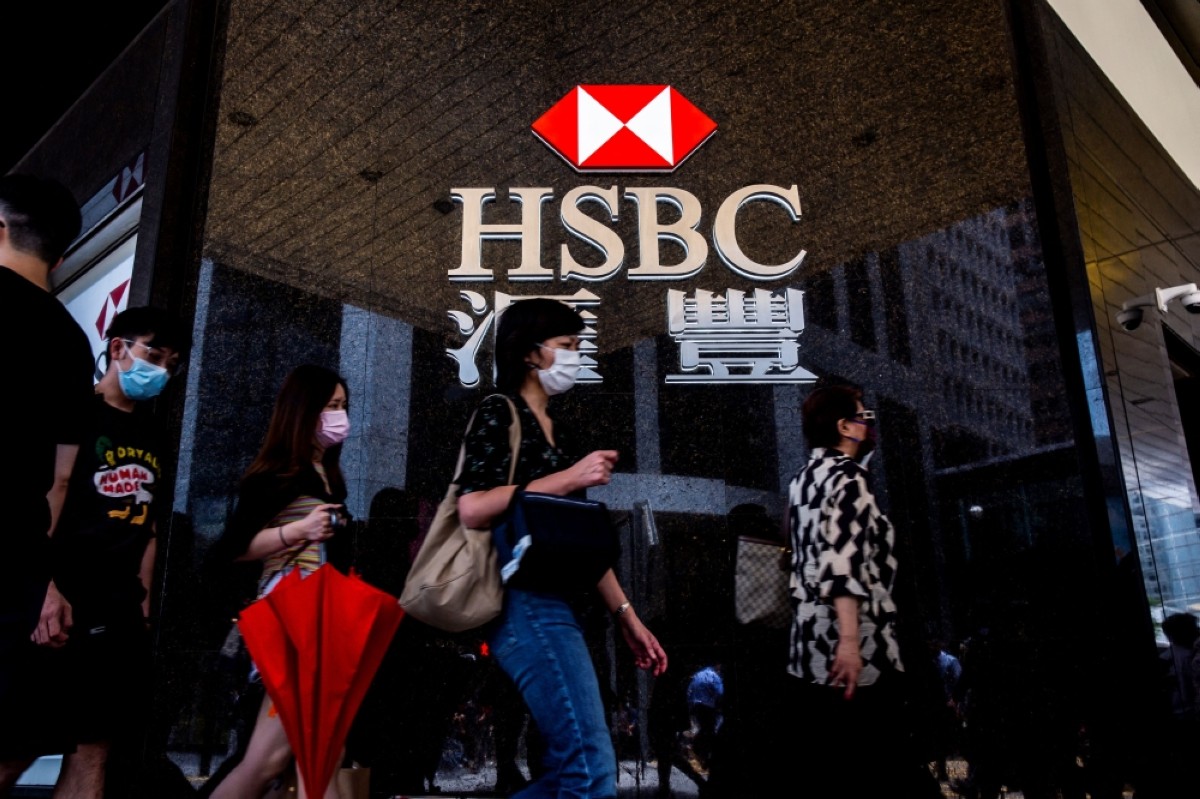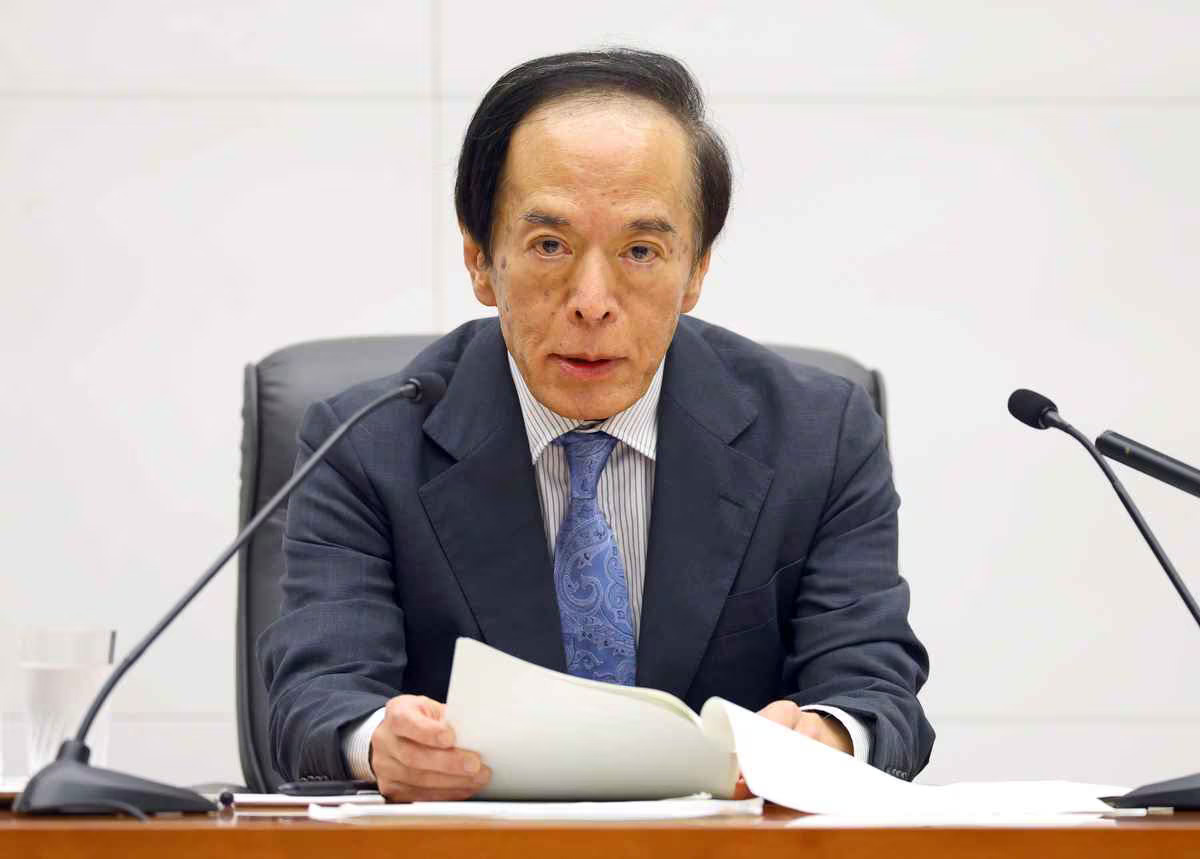Pakistan facing challenges amid delay in IMF tranche
ISLAMABAD: Pakistan is currently struggling with severe economic challenges and adversity amid political instability and delay in the International Monetary Fund’s (IMF) bailout program.

A security guard stands outside a currency exchange shop in Rawalpindi on July 15, 2023. (Photo by FAROOQ NAEEM / AFP).
The National Economic Council last month approved the annual plan (2023-24), which sets the GDP growth target at 3.5 percent for the next fiscal year and inflation target at 21 percent. The target set for the next fiscal year seems quite optimistic to an economy that grew a meager 0.29 percent this year where the size of the total economy stands at $341.6 billion.
The country is currently battling high inflation, currency devaluation, political instability, deficient human resources base and lack of continuity of economic policies. Pakistan’s reserves stand at around $3.5 billion where the country needs upwards of $22 billion to service external debt, make interest payments, and finance its current account for the next financial year. The Pakistan government has been trying hard for the nine-month Stand-By Arrangement (SBA) by the IMF to manage the economy amid the political instability after the removal of former Prime Minister, Imran Khan.
The government has introduced new taxes and expenditure cuts in the yearly budget to meet the IMF expectations. The State Bank of Pakistan has raised the interest rate by 100 basis points and a hike in power tariffs was also made to get the IMF board approval. The international rating agencies have lowered Pakistan’s credit rating due to the economic uncertainty resulting in loss of trust for the international investors. Pakistan has already taken measures for a market-determined exchange rate by removing market cap on the US dollar exchange rate, which leads to the depreciation of the Pakistani rupee to record low.
According to the statistics bureau of Pakistan, the annual inflation in the country stood at 29.4 percent last month falling from record inflation of 37.97 percent the previous month. The new taxes imposed by the government and removal of several subsidies in the power sector upon IMF demand have increased the inflation rate and cost of living for the common people. Pakistan’s consumer price index (CPI) was at 36.5 percent in April, the highest in South Asia where vegetables, pulses, wheat, wheat flour, rice, eggs and chicken in food items and fuel and gas prices caused the increase.
Inflation continued to move in the upward direction after the Pakistan government struggled to secure a deal with the IMF and had to take difficult decisions following the political instability. The IMF executive board approved last Wednesday a $3 billion bailout program for Pakistan where the $1.2 billion tranche will first reach the country. The IMF said that the arrangement comes at a challenging economic juncture for Pakistan. “A difficult external environment, devastating floods and policy missteps have led to large fiscal and external deficits, rising inflation and eroded reserve buffers in FY23,” said the IMF.
Pakistan was aiming at the $2.5 billion leftover amount from the $6.5 billion bailout package agreed in 2019 but the country managed to secure the $3 billion package spread over nine months. Finance Minister of Pakistan, Ishaq Dar in a statement said that things are now moving in the right direction for which the government had been striving for the past several months. The approval of funds by the IMF comes immediately after Saudi Arabia and UAE have deposited $3 billion with the central bank to boost the declining foreign exchange reserves.
Moreover, Pakistan has managed to secure over $9 billion climate-related pledges from different countries to recover from the devastating floods last year. The more than expected IMF bailout package will ease out the economic situation in the country but the delay in the IMF deal resulting in discontinuation of economic policies has put a pressure on the economy of the country. Despite the IMF bailout package, Pakistan needs to mobilize multilateral and bilateral financial support as the country approaches general elections. – KUNA.











